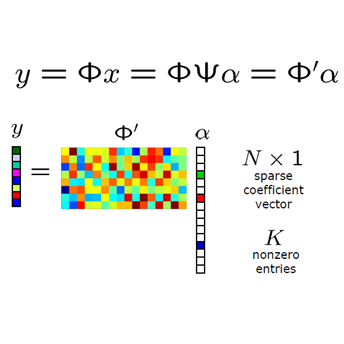Numerous renowned algorithms for tackling the compressed sensing problem employ an alternating strategy, which typically involves data matching in one module and denoising in another. Based on an in-depth analysis of the connection between the message passing and operator splitting, we present a novel approach, the Alternating Subspace Method (ASM), which intuitively combines the principles of the greedy methods (e.g., the orthogonal matching pursuit type methods) and the splitting methods (e.g., the approximate message passing type methods). Essentially, ASM modifies the splitting method by achieving fidelity in a subspace-restricted fashion. We reveal that such confining strategy still yields a consistent fixed point iteration and establish its local geometric convergence on the lasso problem. Numerical experiments on both the lasso and channel estimation problems demonstrate its high convergence rate and its capacity to incorporate different prior distributions. Further theoretical analysis also demonstrates the advantage of the motivated message-passing splitting by incorporating quasi-variance degree of freedom even for the classical lasso optimization problem. Overall, the proposed method is promising in efficiency, accuracy and flexibility, which has the potential to be competitive in different sparse recovery applications.
翻译:暂无翻译



